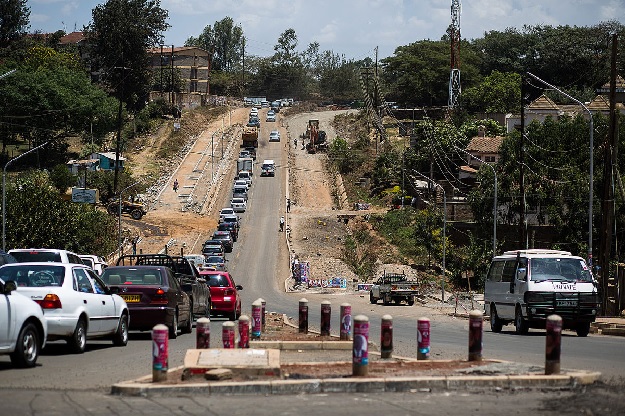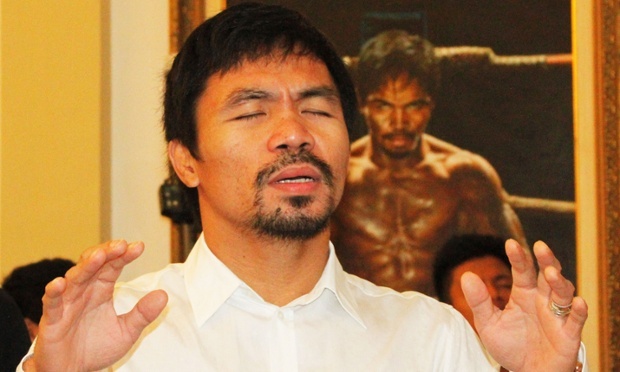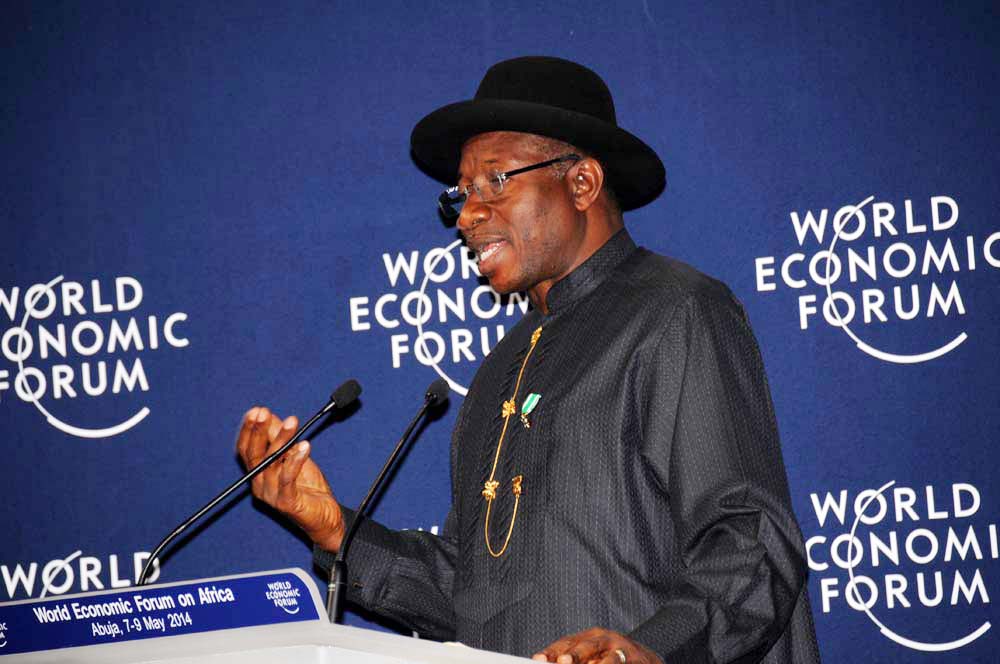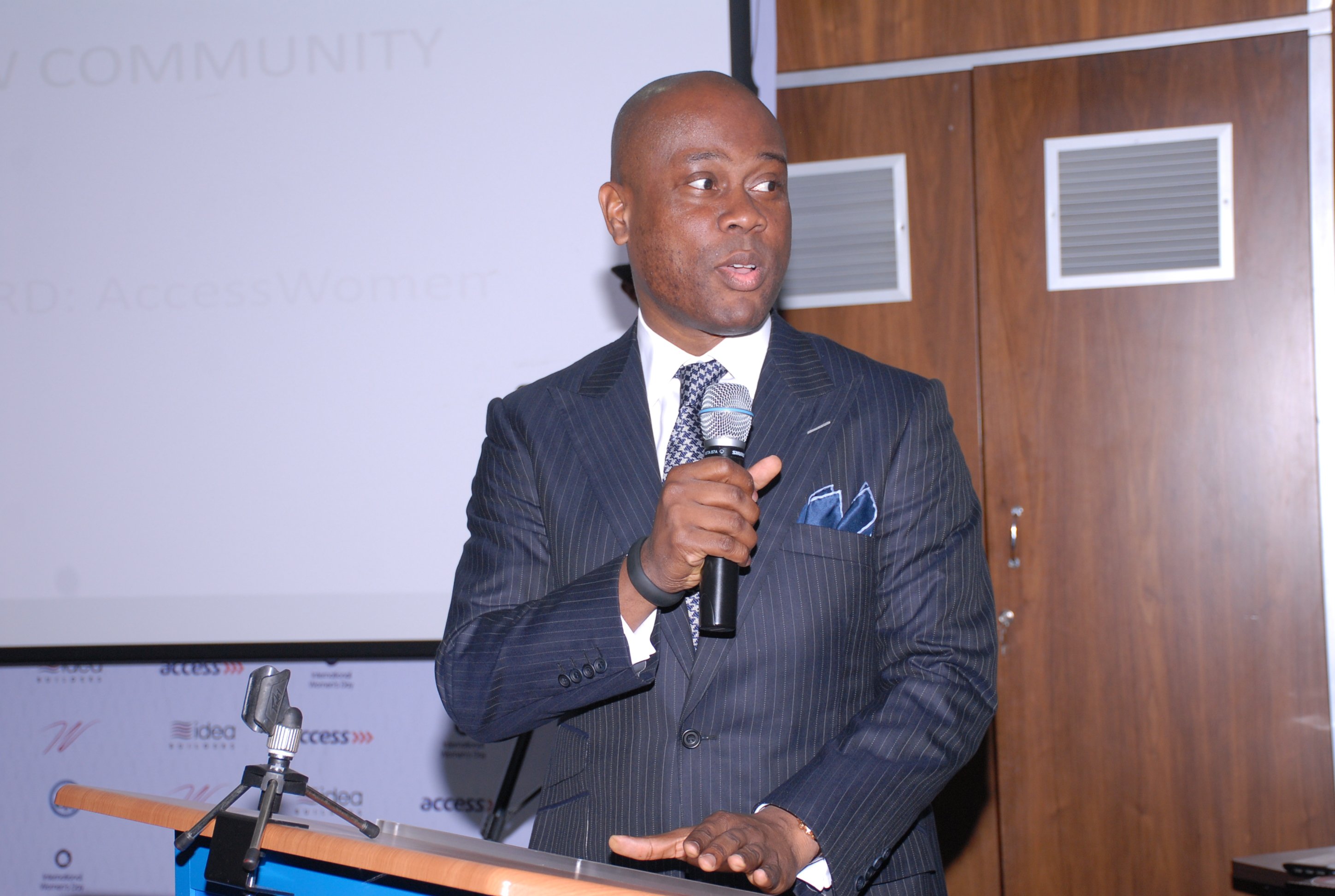Worried by the stability of the Nigerian economy due to plunging oil prices and the forthcoming elections, investors are casting their eyes across the continent to Kenya.
According to Bloomberg, Kenya’s local-currency securities have returned 0.4 percent in dollar terms this year, compared with an 8.3 percent loss on naira debt, while yields on Kenya’s 10-year Eurobonds, which were 128 basis points higher than the Nigerian Eurobonds when they were sold in June, are now 55 basis points lower.
It added that the World Bank raised its growth forecast for Kenya on March 5, saying oil prices that have tumbled 48 percent since June would boost the economy of the nation, a net importer of crude.
By contrast, Nigeria is set to slow, the International Monetary Fund (IMF) said the same day, as Africa’s biggest oil producer continues its struggles with falling export revenue and a loss of investor confidence after it postponed elections amid the insurgency by the Islamist group Boko Haram in the northeast.
Advertisement
“Some investors think it makes more sense to be overweight Kenya versus Nigeria,” Mahan Namin, a money manager at Insparo Asset Management Ltd., which sold its Nigerian sovereign bonds last year and has bought more Kenyan debt in 2015, said.
“The divergence with Nigeria is a case of Kenya’s revenue base being more diversified and oil prices being lower.”
Kenya, with 41 million people and a gross domestic product of $55 billion, is the biggest economy in East Africa, with tea, coffee and tourism among its main sources of foreign exchange.
Advertisement
Investments in infrastructure, agriculture and manufacturing are creating more jobs and should increase growth to 7 percent by 2017, the World Bank said after upgrading this year’s projection to 6 percent from 4.7 percent.
While Nigeria dwarfs Kenya with its $520 billion economy and population of 170 million, it relies on oil for 90 percent of export earnings and 70 percent of government revenue. The plunge in oil prices will slow growth to 4.8 percent in 2015, compared with 6.3 percent in 2014, the report added.
“Kenya has managed to diversify; it is not a commodity-driven economy like Nigeria,” Lamin Manjang, chief executive officer, Standard Chartered Plc’s East Africa unit, told Bloomberg.
Kaan Nazli, a senior economist at Neuberger Berman Europe Ltd. in The Hague aid “the currency has definitely outperformed Nigeria’s; it has helped Kenya.”
Advertisement
Morgan Stanley and Aberdeen Asset Management Plc. were among investors that said they sold all their Nigerian local bonds in the past six months as the naira weakened 18 percent against the dollar, the most among 24 African currencies tracked by Bloomberg. Kenya’s shilling depreciated 3.1 percent in the period.
According to the report, yields on Nigeria’s $500 million of bonds due July 2023, rated three levels below investment grade by Moody’s Investors Service, climbed 92 basis points in the past year to 6.98 percent, while yields on Kenya’s $2 billion of debt due June 2024, rated one level lower, dropped 19 basis points since a sale in June to 6.41 percent.
The yield divergence will continue at least until the end of Nigeria’s presidential election on March 28 and as long as oil prices stay low, says Marco Ruijer, who helps manage $7 billion of emerging-market debt at ING Investment Management BV in The Hague.
“There’s a lot of political turmoil in Nigeria and it’s trading almost one-for-one with oil prices. If oil remains around $60 a barrel, then Kenya will trade inside Nigeria. If prices rise to $70 or $80, that gap should disappear.” Ruijer said.
Advertisement
The conflict with Boko Haram in northern Nigeria, which claimed at least 1,600 lives in January and more than 4,700 in 2014, led officials to delay national elections scheduled for February 14 by six weeks. The vote is set to be the most closely contested since the end of military rule in 1999.
This may have been confirmed by data from the capital importation report for the 2014 fiscal year released by the National Bureau of Statistics on Thursday.
Advertisement
It stated that the amount of capital brought into the country dropped by $576.61m or 2.66 per cent from $21.31bn (N4.21tn) in 2013 to $20.75bn (about N4.1tn) in 2014.
Specifically, the fourth quarter investment stood at N4.49bn, a sharp decline of $2.04bn or 31.22 per cent from the value of $6.54bn that was recorded in the third quarter.
Advertisement
The source of the greatest value of capital imported to Nigeria, according to the report, continues to be the United Kingdom, with $1.94bn imported in the fourth quarter of 2014, representing 43.21 per cent of the total.
It said marginal declines were also observed in the United States, which is Nigeria’s second largest source of capital, declining by $54.62m or 4.84 per cent to $1.07bn in the fourth quarter.
Advertisement
3 comments







Na wa o
This story is just bad press
Kenya has worse problem with Al-Shabab
Kenyan President has issues with ICC before his election. The issues are still in limbo yet bad press is praising Kenya
Then you now have journalist trying to paint NIGERIA in bad light. I guess our press are just appendages of the propaganda machinery. Patriotic Nigerians will realize that PDP and APC are birds of a feather that should never be allow to use this forthcoming election to drag NIGERIA down.
With this type of news coming from local press, we are in sad state. Perhaps the press can learn from China’s case. China has consistently battle terrorism, bad press and lack of interest from foreign investors, despite these she still forge ahead. Her citizen don’t relocate at any given opportunities. They do their things internally and are now better off for it. Oh, the investors are now rushing back to China.
Our reliance on everything foreign should stop to enable us look inward. Elections will pass but NIGERIA will stay. Journalism should always be based of research and objective assessment
@Prestige. Nice one. Nigerians should believe in themselves.China is an example.